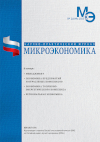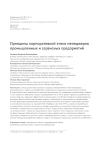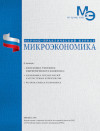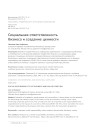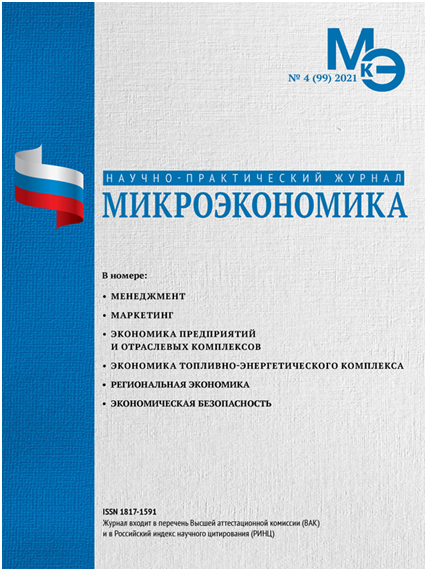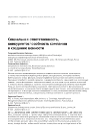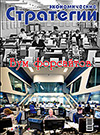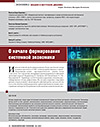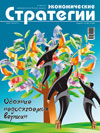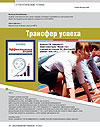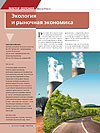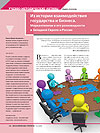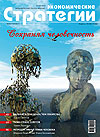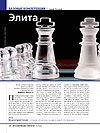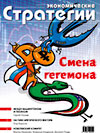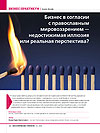Image consulting in various sectors of the economy and fields of activity
DOI: 10.33917/mic-3.116.2024.15-28
The article examines image consulting in various sectors of the economy and areas of activity in modern socio-economic conditions. It is shown that the volume of the Russian management consulting market, according to various expert estimates, in 2021 amounted to about 50–60 billion rubles, by the end of 2022 it was reduced by almost half. One of the main problems of the Russian management consulting market at the end of 2023 is the loss of qualified personnel and the almost complete destruction of their reproduction system. The Russian management consulting market at the end of 2023 has undergone significant structural transformations: the names and number of key players, pricing policy and client priorities have changed.
The state and prospects for the development of various subjects of consulting services in Russia are analyzed using the example of three successful industry cases of image consulting from various industries and fields of activity: PJSC Sber-Bank, the cellular operator Beeline and the catering enterprise Zernyshko Coffee House. It was shown that the main problem for the considered organizations is the choice of an image consultant, and recommendations were given to solve this problem.
References:
1. Abramova P.V., Ishchenko I.G. Consulting as a tool to increase the investment attractiveness of franchising projects. In the collection: Current management issues. Edited by S.V. Taktarova, G.N. Tuguskina, 2020. pp. 26-30.
2. Akoff R. Planning the future of the corporation. Progress, 2018.
3. Aleshnikova V.I. Using the services of professional consultants, INFRA-M, 2020.
4. Aleshnikova V.I. New realities of the international and Russian management consulting market. In the book: Marketing and Infrastructure projects. Monograph. Moscow, 2023. pp. 190-199.
5. Alferova E.S. Management consulting in Russia. In the collection: Public and administrative management in Russia: history and modernity, digitalization, innovation, intelligence. A youth’s view, 2020. pp. 202-205.
6. Marinko G.I. Managerial consulting. INFA–M, 2021.
7. A joint project of the Russian Federation and the International Bank for Reconstruction and Development. Assistance in improving the level of financial literacy of the population and the development of financial education in the Russian Federation. Financial literacy and mass information: A reference guide. Moscow, 2017. 454 p.
8. Galina E.A. Consulting as a tool to increase the competitiveness of an enterprise. In the collection: Current management issues. Edited by S.V. Taktarova, G.N. Tuguskina, 2020. pp. 48-51.
9. Dolya N.G., Shulika E.N. Development of management consulting in Russia. Economics and society. 2016;5-1(24):587-589. (In Russ.).
10. Zaripova L.A. Management consulting as an objective necessity for the development of an organization. In the collection: Student science – agricultural production. Materials of the 81st student (regional) scientific conference. Kazan, 2023. pp. 200-209.




